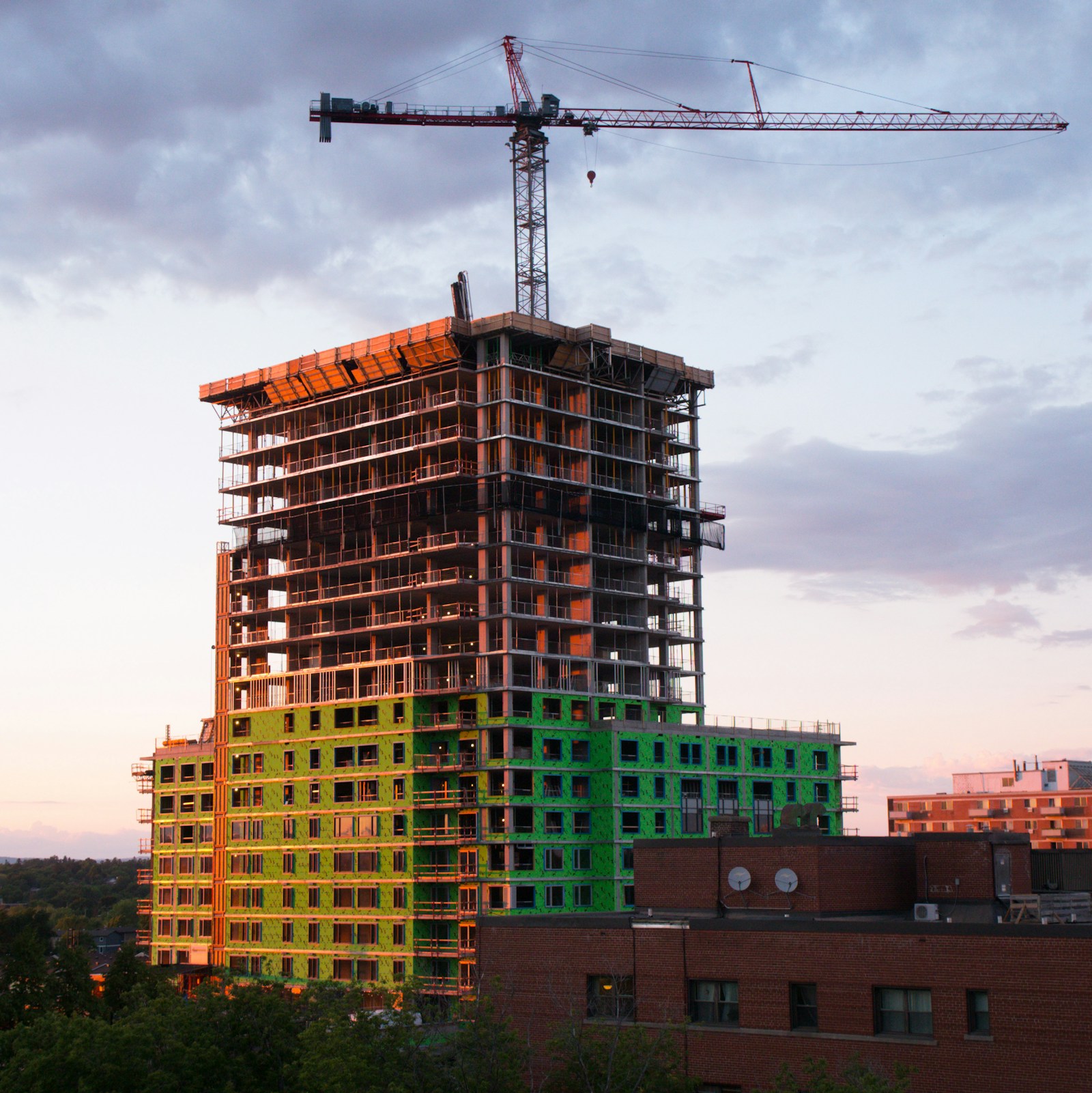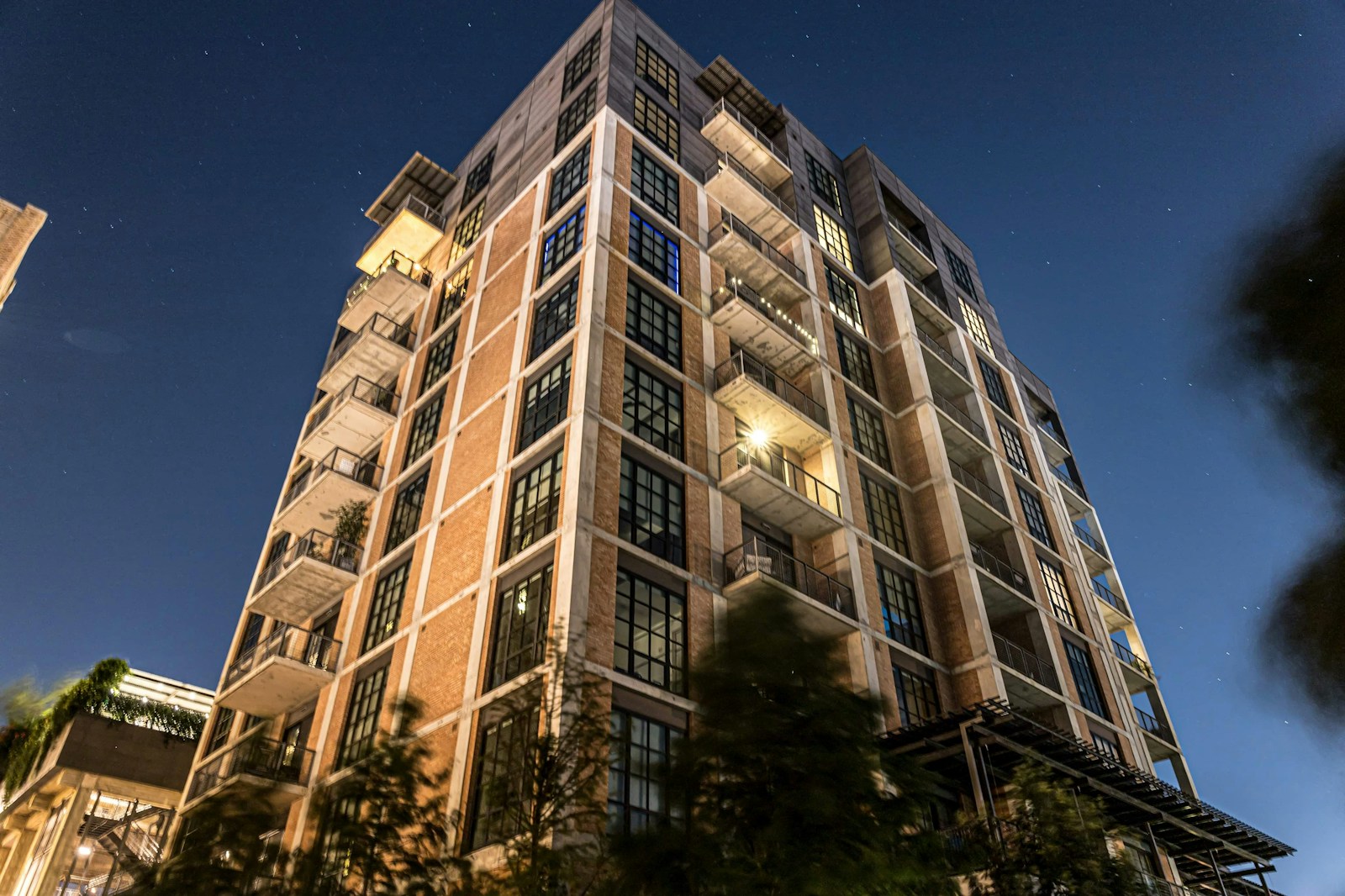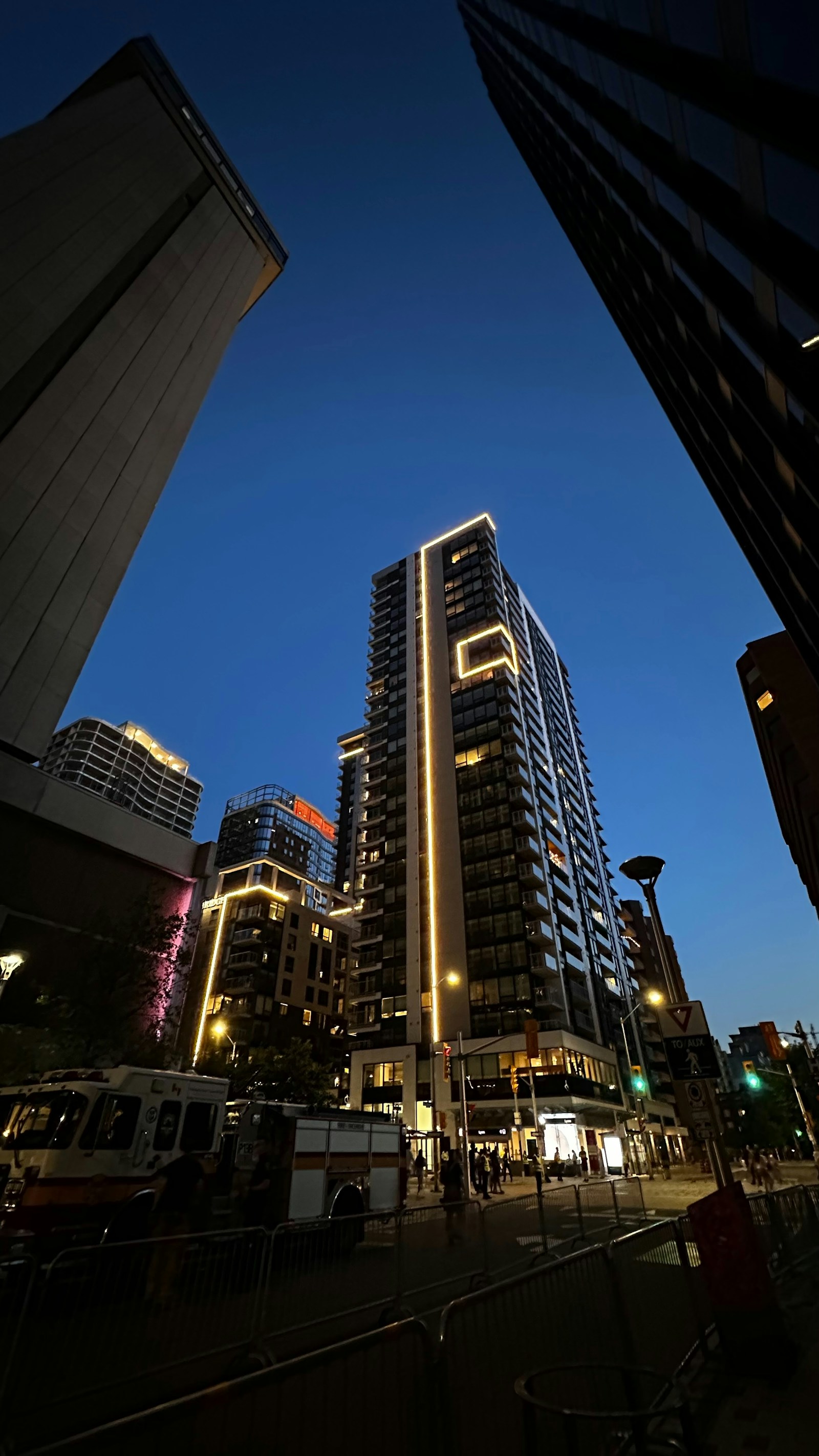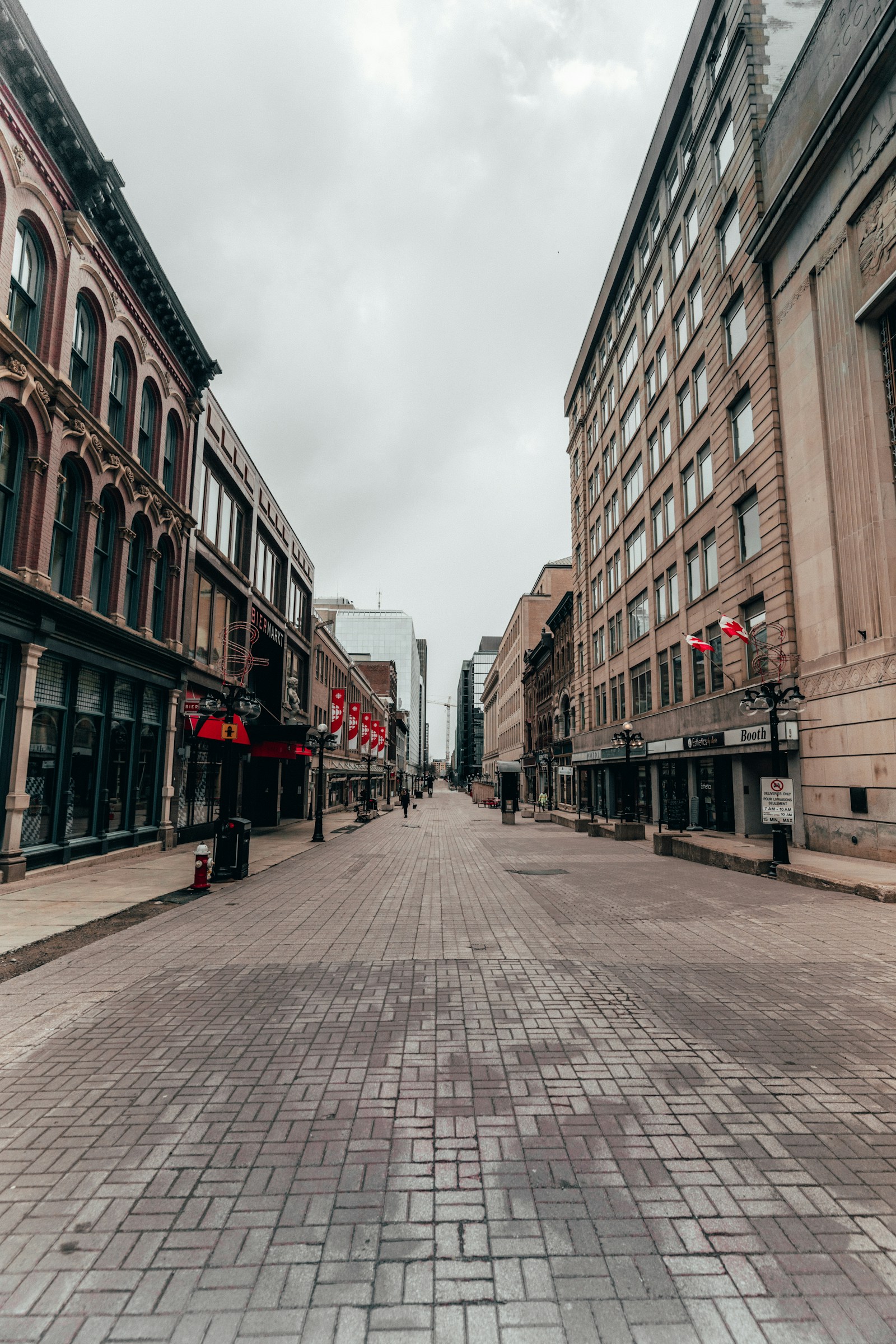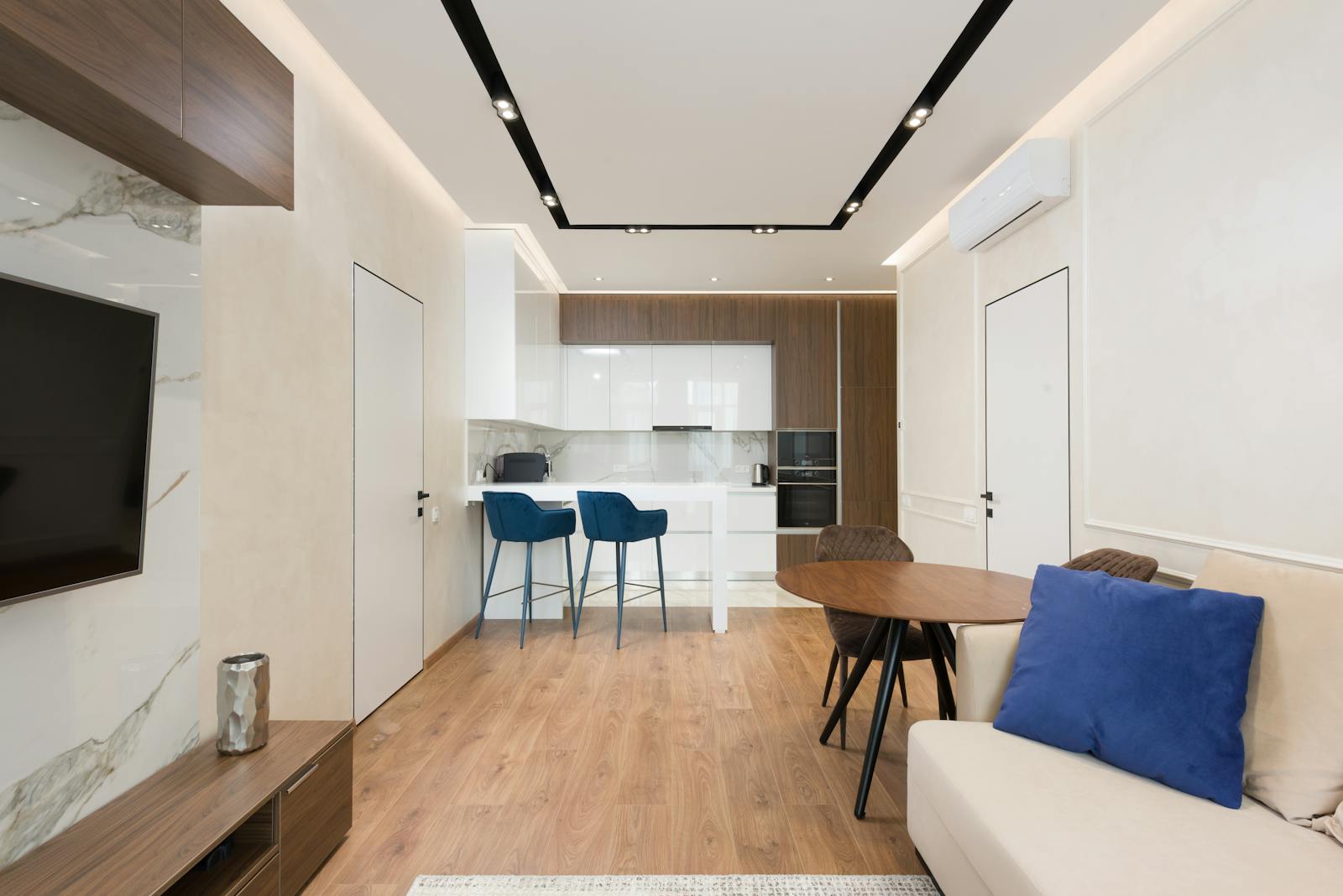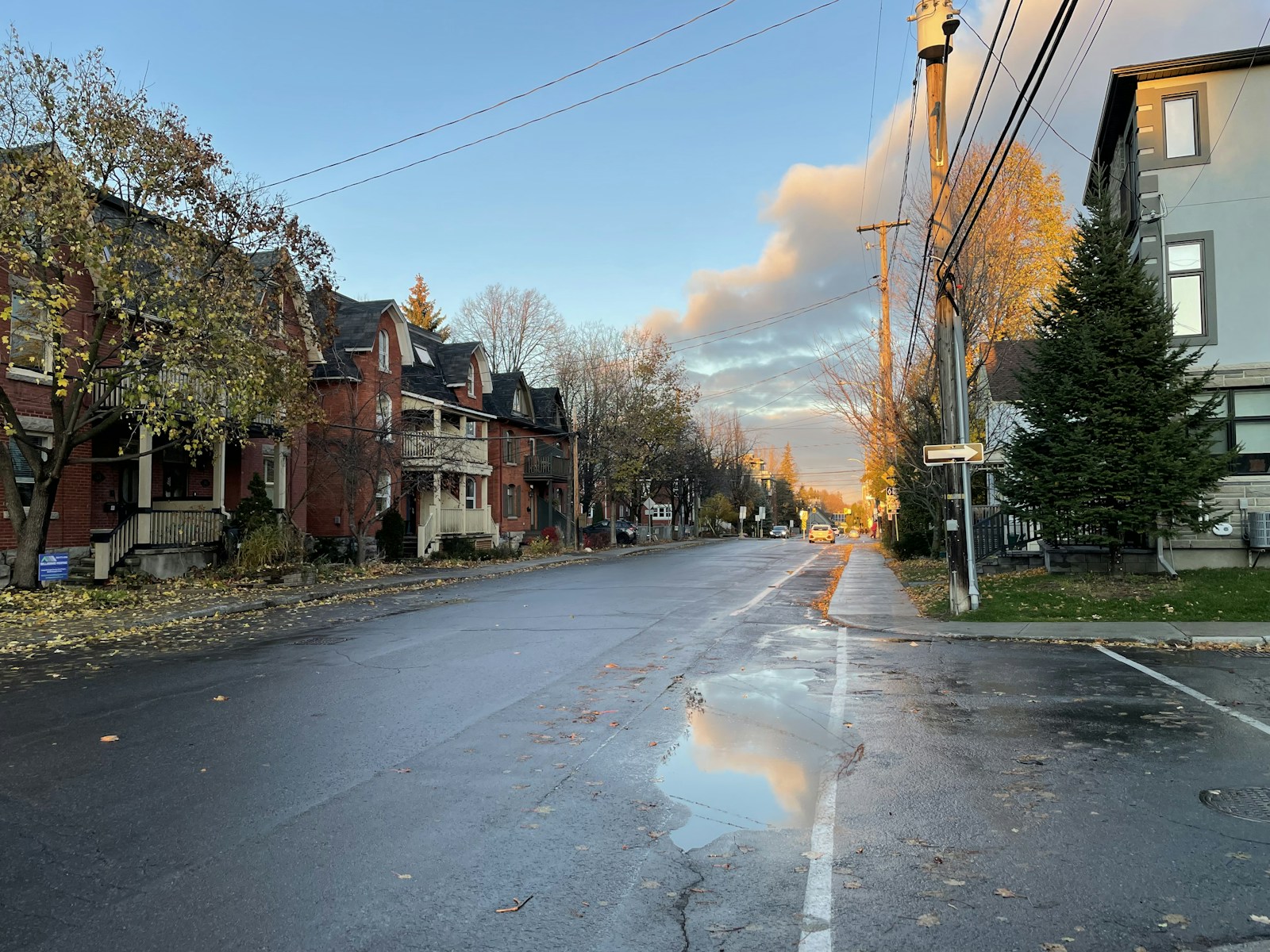Discover the truth about good vs bad Ottawa condos in this 2025 guide. Learn what to look for, what to avoid, and how to buy smart across spring, summer, and fall markets.
Good vs Bad Ottawa Condos: 2025 Market Guide for First-Time Buyers, Investors & Downsizers
The Ottawa condo market in 2025 is full of promise—but also full of potential pitfalls. With new buildings rising across the skyline and resale units changing hands rapidly, it’s vital to know the difference between a “good” condo and a “bad” one—especially if you're a first-time buyer, investor, or downsizer.
Whether you're shopping in the spring frenzy, navigating the summer slowdown, or capitalizing on fall deals, this guide will arm you with insider knowledge to make a smart, confident decision.
What Defines a “Good” vs “Bad” Condo in Ottawa?
The truth is, a condo can look great on the surface but hide serious issues beneath. A good Ottawa condo typically includes:
Solid construction with a reputable developer
Healthy reserve fund and financial statements
Well-run condo board and clear bylaws
Strong resale value and low vacancy rates
In contrast, a bad condo might involve:
Lawsuits against the condo corporation
Neglected maintenance (hallways, elevators, HVAC)
Strange or restrictive rules (e.g., no pets, no rentals)
Poor location or transit access
It’s not about luxury—it’s about long-term livability and value.
The 2025 Ottawa Condo Market Snapshot
As of spring 2025:
Average condo price: $455,000 (up 3.2% year-over-year)
Inventory: Up slightly, especially in new downtown builds
Buyer type: Balanced mix of first-time buyers, downsizers, and investors
Investor interest: Strong in Centretown, Little Italy, and near university zones
With LRT expansion and steady demand, Ottawa condos remain one of the safest real estate bets in Canada.
Spring, Summer, and Fall Market Differences
Understanding seasonality can help you time your move—and your money—wisely.
Why Spring Favors First-Time Buyers
Spring is Ottawa’s busiest real estate season. New listings pop up, developers launch units, and buyers are eager.
Benefit: More choice, builder incentives, competitive rates
Challenge: Bidding wars can happen in hot zones
Summer Strategies for Investors
Summer sees a slower market pace, but investor activity is strong—especially for student and executive rentals.
Benefit: Motivated sellers, better negotiation power
Challenge: Lower inventory and vacation season delays
Fall Opportunities for Downsizers
Fall offers balanced pricing and quieter buying conditions. It’s ideal for retirees seeking peace without the rush.
Benefit: End-of-year discounts, flexible closing dates
Challenge: Fewer listings overall
Signs of a Good Ottawa Condo
Buying a condo is more than just picking a unit—it’s about buying into a community and financial structure. Here’s how to identify a strong pick:
Financial Health and Reserve Fund
A well-managed condo has a healthy reserve fund to cover major repairs and upgrades—like roofs, elevators, or boilers.
Ask for the Status Certificate and check:
Reserve fund balance (should be growing)
Planned special assessments (bad sign)
Budget forecasting
Pro Tip: A low reserve fund can lead to surprise fees that hurt resale value.
Building Management and Maintenance
Good condos have proactive property management and visibly clean common areas.
Look for: Freshly painted hallways, maintained elevators, clean lobby
Ask about: Past complaints, average response times, staff availability
A “bad” condo may have unresponsive management, outdated systems, or visible neglect.
Location & Transit Accessibility
Top Ottawa condos are always near major transit lines, such as the LRT, and walkable to daily conveniences.
Hot spots to look for:
Downtown Core & Centretown (for work proximity)
Westboro & Hintonburg (for lifestyle buyers)
ByWard Market & uOttawa zones (for investor-friendly units)
Red Flags of a Bad Ottawa Condo
Even beautiful units can be housed in problematic buildings. Be on the lookout for these warning signs:
Outdated Buildings with Poor Records
Not all older condos are bad—but those with decades of deferred maintenance can drain your wallet.
Clues: Leaky ceilings, flickering lights, stained carpets
Document checks: History of major repairs or ignored recommendations in engineering reports
Hidden Fees and Special Assessments
Bad condos often spring surprise fees when the reserve fund runs dry.
Ask for past special assessments
Check condo board meeting minutes for hints of financial trouble
Also watch for:
Sudden hikes in monthly condo fees
Lack of recent upgrades (suggesting poor fund management)
Top 5 “Good” Ottawa Condos in 2025
These condos are consistently well-reviewed, financially sound, and attractive to all buyer types:
The Icon – Little Italy
Landmark tower with stunning views and excellent management.
Tribeca East – Slater Street
Central location, stable condo fees, investor appeal.
The Merit – Elgin Street
Great for downsizers seeking quality and culture nearby.
Zibi Condos – Chaudière Crossing
Eco-focused development with long-term growth.
Soho Parkway – Mechanicsville
Popular with young professionals, near future transit expansions.
Top 5 “Bad” Condos to Avoid in Ottawa (By Type)
Without naming specific buildings, here are traits of condos to avoid:
High Turnover Buildings
Frequent sales can signal unhappy owners or rental churn.
Condo Corps with Lawsuits
Legal battles drain funds and deter lenders.
Old Conversions with Deferred Maintenance
Especially ex-hotels or office buildings turned into condos.
Unusually Low Condo Fees
Sounds good, but likely missing proper reserve contributions.
Noisy, Party-Prone Buildings
Poor security, few enforcement rules = poor resale value.
What First-Time Buyers Should Look for in a Condo
Buying your first property is exciting—but overwhelming. Here’s what to prioritize:
Reasonable fees: Watch for condos under $500/month with solid amenities.
Transit access: Especially if you don’t own a car.
Move-in ready units: Renovations can be tricky in condos due to rules.
Resale potential: Don’t buy something you’ll struggle to sell.
What Makes a Condo a Smart Investment
Investors should hunt for:
Near-zero vacancy areas: e.g., uOttawa, Rideau Centre
Turnkey units: Avoid major renos
Low condo fees to rent ratio
Airbnb potential: Where legally permitted
Rental Yield Tip: Target 4–6% ROI to make your investment worthwhile.
What Downsizers Need in a Good Condo
If you’re transitioning from a family home, consider:
Elevators and accessibility
Quiet, adult-oriented communities
Outdoor space or balconies
On-site amenities like fitness, guest suites, or concierge
Top Picks: The Merit, The Lansdowne, and The Exchange offer a peaceful lifestyle with modern comfort.
Should You Buy a New Build or Resale Condo?
Verdict: First-time buyers may prefer resale for speed. Investors may opt for pre-construction with a long-term view.
Questions to Ask Before Buying Any Condo
Is there a recent status certificate?
How much is in the reserve fund?
Are there any special assessments planned?
What are the condo bylaws?
What’s the average turnover rate in the building?
Legal & Financial Tips When Choosing a Condo
Hire a real estate lawyer to review all legal documents.
Budget for:
Land transfer tax
Legal fees
Moving expenses
Get mortgage pre-approval early.
Understand your monthly carrying cost: mortgage + condo fee + utilities.
Working with a Realtor Who Knows Ottawa Condos
A knowledgeable Ottawa realtor can:
Spot hidden red flags in buildings
Access off-market or upcoming listings
Negotiate favorable terms
Guide you through legal due diligence
Choose someone with condo-specific experience and local connections.
FAQs: Good vs Bad Condos in Ottawa Explained
1. Can condo fees ever be too low?
Yes. It may signal a lack of proper funding for maintenance or reserves.
2. What’s a status certificate and why do I need it?
It summarizes the condo’s financials, bylaws, and reserve fund. Always review before purchasing.
3. Are older buildings always worse?
Not necessarily. Some are well-maintained and offer larger units—just ensure financials are strong.
4. How do I find out if a building has legal issues?
Ask your realtor or lawyer to request documentation or check the status certificate.
5. What’s the average condo rental yield in Ottawa?
Typically between 4–6%, depending on location and unit type.
6. Should I avoid condos that allow short-term rentals?
Not always, but they may have higher turnover and noise levels—less ideal for downsizers.
Final Thoughts: Choosing the Right Ottawa Condo in 2025
In 2025, Ottawa’s condo market offers tremendous opportunities—but only for informed buyers. Whether you’re entering the market, investing in your future, or downsizing with style, distinguishing a good condo from a bad one is key to your success.
With the right knowledge, a solid team, and awareness of red flags, you can invest confidently in a unit that fits your lifestyle and grows your wealth.

